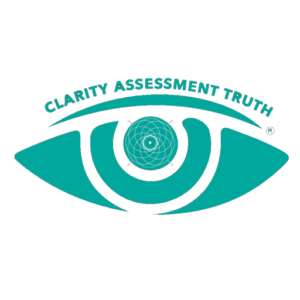Educational Abuse is a less commonly recognized but highly impactful form of abuse, particularly affecting children. Its consequences can have lifelong ramifications, affecting the individual’s opportunities, self-esteem, and overall quality of life.

Educational Abuse is characterized by preventing a child’s access to education or refusing to engage in actions that would improve the child’s educational experience. This can include the refusal of remedial services, treatments for learning-related issues, or simply neglecting the child’s educational needs without justified reason.
Identifiable Victim Markers (IVMs):
• Blame: Victims might be blamed for their educational struggles, or they may internalize blame themselves, thinking that they are the cause of the problem.
• Compliance: A sense of resigned acceptance and compliance with the inadequate educational environment, leading to a lack of motivation and growth.
• Conditioned Beliefs: Developing beliefs that limit their potential or make them feel undeserving of educational opportunities.
• Isolation: Feeling cut off from peers who may be receiving proper educational support, leading to social withdrawal.
• Minimization: Downplaying the severity or impact of the lack of education, often as a coping mechanism or due to a lack of understanding of the importance of education.
• Self-doubt: Doubting one’s intelligence, abilities, or potential to succeed academically, leading to reduced effort or ambition.


